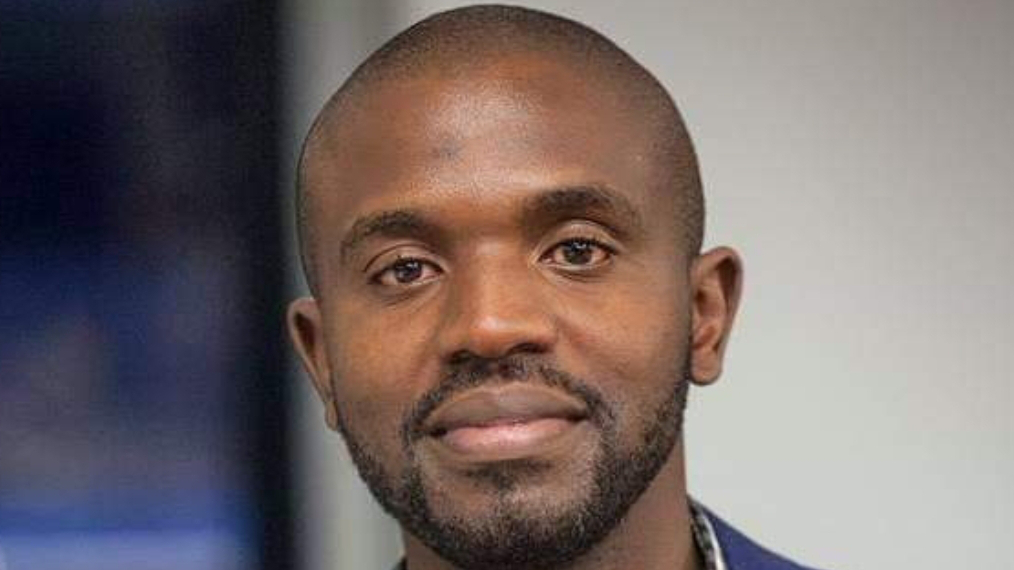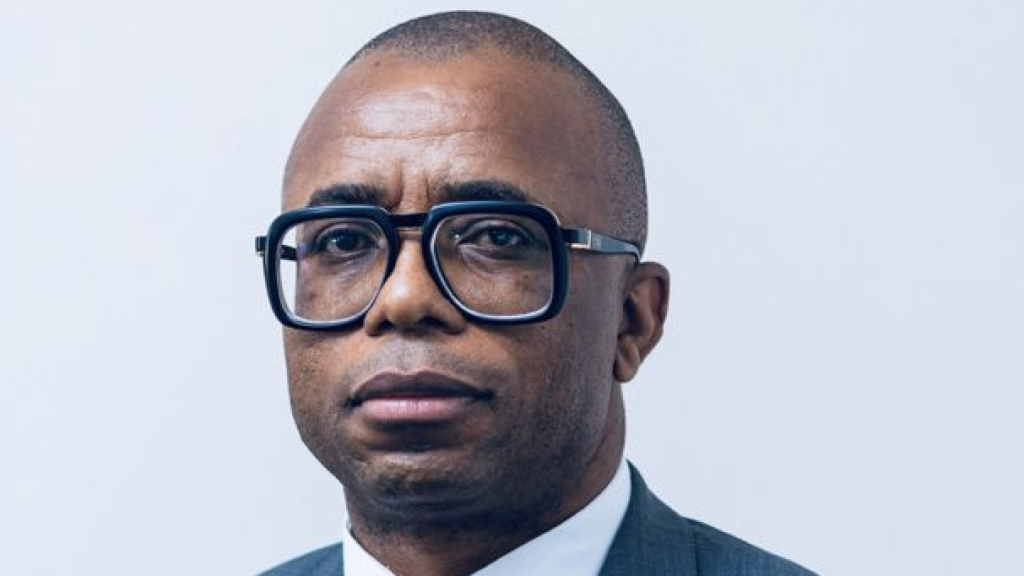ANC treasurer general Paul Mashatile is on the verge of losing the mighty KwaZulu-Natal province’s support in his bid for the post of party deputy president in December.
This Mail & Guardian webinar was held in partnership with the Progressive Business Forum. It featured as speakers Paul Mashatile, ANC Treasurer-General; Sipho Mbele, Convener, Progressive Business Forum (PBF); Classi Tebogo Kgopa, National Young Professionals Chairperson, Black Management Forum; Tlangi Mogale of the ANCYL National Youth Task Team; Kedibone Tsiloane, Youth Secretary-General, BBCBE; Thobela Maponya, Head of Youth, the Black Business Council and Hoosain Karjieker, Mail & Guardian CEO. It was moderated by Cathy Mohlahlana.
The webinar began with Tlangi Mogale appealing to the ANC government to fast-track pro-economic transformation policies. “It is about time that as a country we start reflecting on honesty and engaging in the possibility of completely implementing the issues that we always discussed and talked about,” said Mogale.
 Ms Tlangi Mogale, ANC Youth League, (NYTT)
Ms Tlangi Mogale, ANC Youth League, (NYTT)She said that dialogue helps to craft policy and rules that need to be implemented, and that the democratic dispensation two decades ago was supposed to pave a smooth transition for economic freedom.
“As young people in this country we are going through what we call a dialogue fatigue; we have been speaking for a very long time, we need to start to see results,” said Mogale. Young panelists poured out their frustration and pain about the private sector’s reluctance to transform.
 Mr Hoosain Karjeiker, CEO of the Mail & Guardian
Mr Hoosain Karjeiker, CEO of the Mail & GuardianKarjieker said the future of youth takes centre stage for the company, inspired by the Mail & Guardian 200 Young publication. “This year we were completely blown away by the expertise and thought leadership skills, and these skills create hope among our youth,” said Karjieker.
Mogale said her organisation seeks to advance youth development. The 1976 generation successfully won the battle against apartheid; today the youth of 2021 are battling against an economy that is exclusive.
Speakers one after the other conceded that more should be done to open the doors of the economy for young people. “Unfortunately we celebrate Youth Month during a gloomy era, and a time where we are going through a brutal pandemic,” said Mogale. “We come from history where inequality has been at the centre, and young people have always been at the bottom.” She added that current trends offer no hope for youth to participate in the economy.
Treasurer-General Paul Mashatile, said such platforms are crucial to create robust reflection on the journey of how the youth are participating in the economy. “Youths should take their destiny into their own hands to make a difference not only in their own lives, but also their communities.”
Mashatile said the ANC remains a “dependable” partner whose agenda is to ensure that the youth development agenda is advanced. “We will continue to support you in your endeavors.” He reiterated President Cyril Ramaphosa’s call for citizens to comply with Covid-19 regulations to avert more deaths. “Let us observe all restrictions announced by our government.”
 Ms Kedibone Tsiloane, Built Environment SG, Black Business Council (BBC)
Ms Kedibone Tsiloane, Built Environment SG, Black Business Council (BBC)Youth is the largest group by classification in the population, like the rest of the continent, and failure to unleash the potential of our youth will result in South Africa loosing it’s demographic dividends.” It is for this reason we in the ANC place youth development and empowerment at the centre of our ongoing programme of social and economic transformation,” he said.
“We acknowledge the important role our young people played in the liberation of South Africa. As we are now rebuilding our country, we are determined that young people once again occupy the foremost trenches; young people’s voices must be heard, their dreams must be supported … and meaningful participation of youth in the economy is to us non-negotiable.”
 Mr Thobela Maponya, Head of Youth, Black Business Council (BBC)
Mr Thobela Maponya, Head of Youth, Black Business Council (BBC)Mashatile said that the ANC remains concerned about the high level of unemployment. “Equally worrying is that more than 10-million young people between the age of 15 and 24 are not in employment or education training — they have simply disengaged from the formal economy.”
He said the youth unemployment crisis also featured in the ANC’s 54th Conference in 2017 held at Nasrec, and resolved that investment in youth education is the only ammunition to activate youth into the economy.
Skills revolution
“Education and skills development remain the single most important investment our government is making to advance youth development and empowerment.” Mashatile said the skills revolution programme would unlock doors for the youth to participate in the labour market.
 Mr Classi Tebogo Kgopa, National Young Professionals Chairperson, Black Management Forum (BMF)
Mr Classi Tebogo Kgopa, National Young Professionals Chairperson, Black Management Forum (BMF)“Children of educated parents are likely to acquire education,” he said. The ANC government has also introduced free education in tertiary institutions, a move that saw children from disadvantaged backgrounds acquiring education.
The free education is also implemented in Further Education and Training centres in the country. “We are also committed to provide adequate funding for TVET community education and other skills sectors.” He also said the process is underway to deal with students’ historic debts, which has been problematic for many youths.
“We are therefore, as the ANC, determined that young people are equipped with skills; they need to be absorbed into our changing economy and world of work. We remain committed to an equal education goal for all; education is the greatest equaliser,” said Mashatile.
 Mr Sipho Mbele, Convenor, Progressive Business Forum (PBF)
Mr Sipho Mbele, Convenor, Progressive Business Forum (PBF)He said positioning the youth in the fourth industrial revolution economy is critical and the rebuilding of the local manufacturing industry and agricultural economic development will continue to create jobs for young people.
“The ultimate goal is to create the necessary conditions for the local industry to grow in the manner that is labour-absorbing, including young entrance to the labour market,” said Mashatile.
He also urged the government to accelerate entrepreneur incubation programs to help youth break through into the mainstream economy. Mashatile said the private sector and funding agencies must consider easing access to funding for youth businesses, adding that technologies should be employed to analyse youth credit profiles. He said the system should be able to eliminate recorded credit history.
“The youth are our future — we will do everything necessary to support their development, including their meaningful participation in the economy,” said Mashatile.
Other panelists including Tlangi Mogale agreed that an injustice has been done and it must be reversed. “If the government is not playing its part, if the private sector is not playing its part, the ANC Youth League must engage more on visits to the private sector,” said Mogale.
 Ms Cathy Mohlahlana (Moderator)
Ms Cathy Mohlahlana (Moderator)Kedibone Tsiloane said it is time for economic emancipation. She said that if the current generation does not reshape the economic outlook it would have failed future generations. “There are so many things that we can change: we have to identify issues like access to market, business funding and excessive red tape,” she said.
Classi Kgopa said the injustice of the past must be confronted; foreign investment to the country should be dictated on how it is shared among the youth; anything less than 30% is an insult.
Thobela Maponya said there is a lack of enforcement in implementing preferential procurement, as designated.
During the question and answer session, Mashatile told panelists that economic transformation was underway, but admitted that it was slow. He said the government and parliament are working hard to ensure that policies designed to empower young people are adhered to. He said the youth must not wait — they must knock on every available door.